Geography
Geography is a living, breathing subject, constantly adapting itself to change. It is dynamic and relevant. For me geography is a great adventure with a purpose’
Michael Palin – President of the Royal Geographical Society
Geography is taught in mixed ability groups across Key Stages 3 and 4. All students are encouraged to develop their subject knowledge, to write well, to improve their ability to debate and analyse, and to think creatively when demonstrating their understanding of patterns and processes.
Year 7
Autumn Term: Fascinating Places
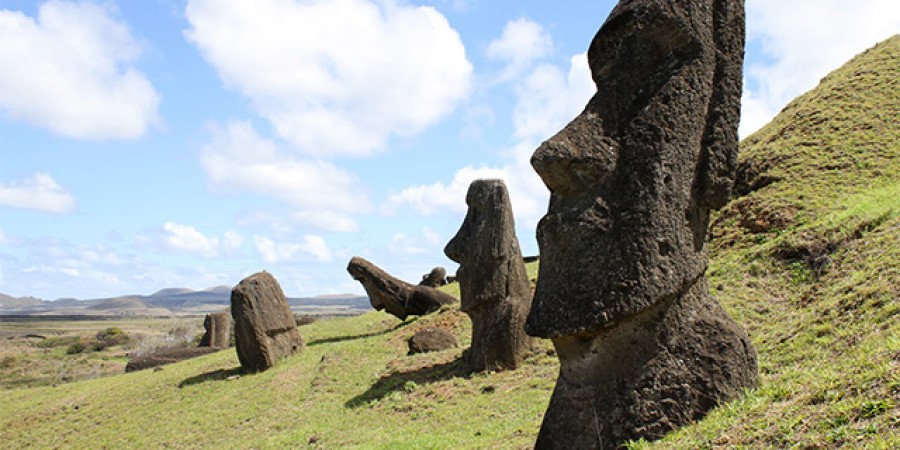
Through a whistle stop tour of our amazing planet, we aim to develop our students’ sense of place to assist with their development of culture capital. Through the study of specific places, such as Easter Island, and the new 7 Wonders of the World, students will become map detectives, improving both their skills and their geographical knowledge. We focus on developing students’ map skills, including 4 and 6 figure grid references, distance, direction and height in order to lay the building blocks for progress through the Key Stages of the Geography National Curriculum. During this term, students will also undertake a local area project, where they can develop enquiry and research skills in the discovery of the unique area in which they live.
Spring Term: Coasts
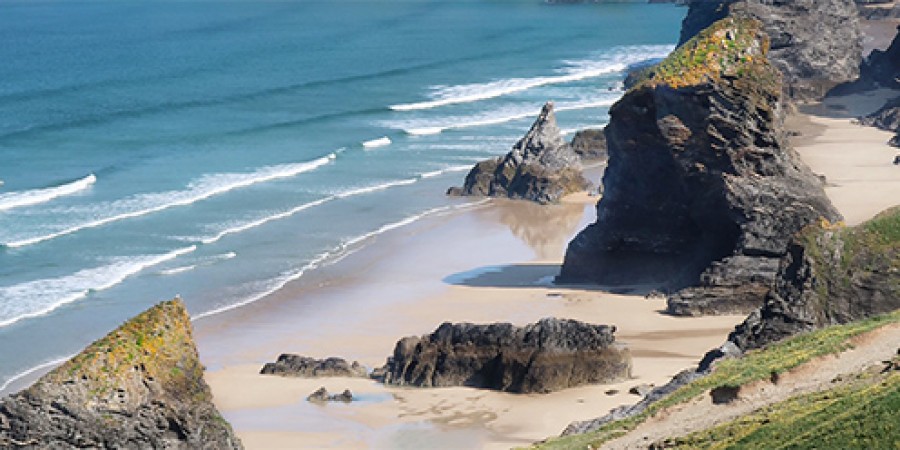
We study our dynamic coast through the study of wave types, beaches and the processes of erosion, transportation and deposition. We encourage students to develop their ideas on how best to manage the coastline and the implications of rising sea levels. With current topical global concerns about Climate Change, we are able to introduce students to debate on pertinent questions on the effects of climate change in our own coastal settlement of Bude.
Summer Term: China
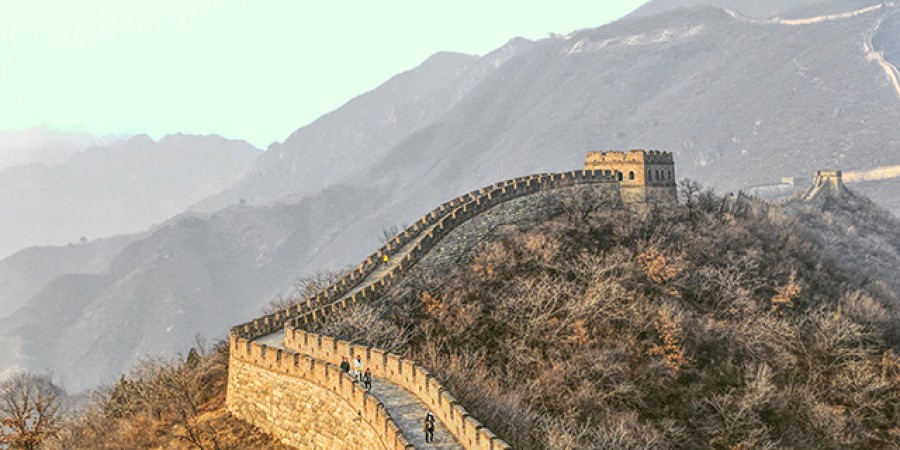
We study China as an example of an emerging superpower, investigating the human and physical geography of the country. We aim to introduce pupils to geographical similarities, differences and links between different regions, from Kamchatka to Tibet and look at the influence of population and the government on both the natural and manmade environment.
Year 8
Autumn Term: Biomes
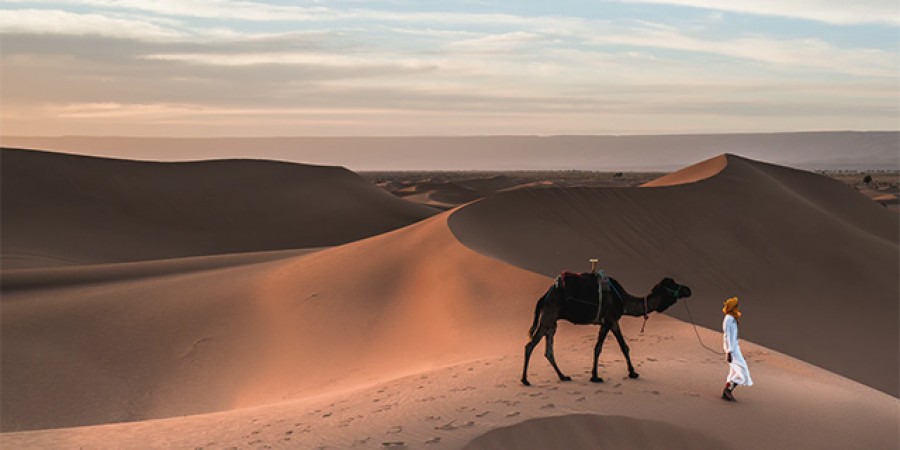
We study different biomes around the world, focusing particularly on The Mediterranean and Desert Biomes, examining reasons for their distribution and the significance of climate as a factor. During the unit, students are given the opportunity to make their own ‘Biome in a Box’ to demonstrate their understanding and knowledge of plant and animal adaptations in different global ecosystems. We also examine the importance of sustainable development when studying fragile ecosystems, such as the Tundra and TRF. For example, through a study of deforestation, pupils will develop their understanding of how human and physical processes can interact to influence and change landscapes, environments and the climate; and how human activity relies on the effective functioning of natural systems.
Spring Term: Plate Tectonics
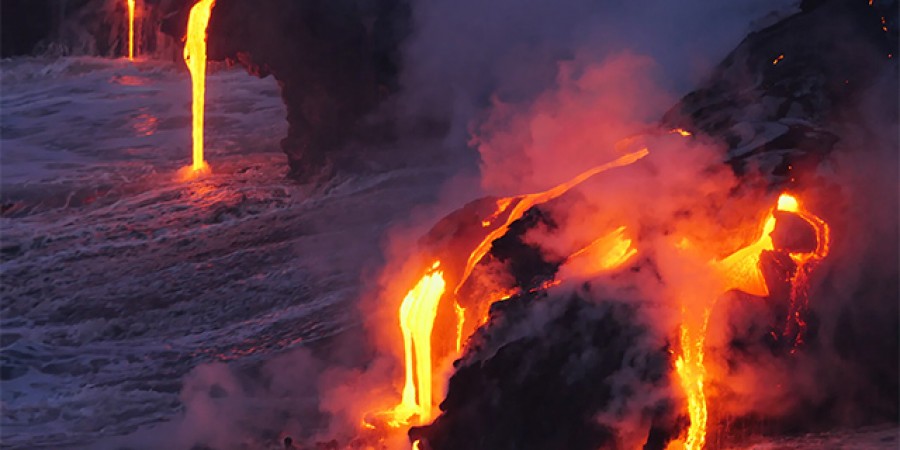
During this unit, we study Earthquakes and Volcanoes and examine some key processes of physical geography relating to geological timescales and plate tectonics. We explore the ideas of Alfred Wegener and how his work led to the development of plate tectonic theory. We also examine the impact of natural hazards on human activity, through case studies of recent tectonic events, such as the Nepal earthquake. Building and exploding model volcanoes is one of the voluntary independent study assignments of this unit to encourage pupils to explore different types of eruption and their associated impacts.
Summer Term: The Plastic Problem

The growing concern for the state of our oceans has been highlighted in the media increasingly in recent years. With our lives so intertwined with the sea in our coastal location, we have developed a unit based on enquiry and evaluation skills that builds on the knowledge of Coasts studied in Y7. Students complete an enquiry on plastics in the local area and use local resources and expertise to evaluate the extent, causes and consequences of this issue.
Year 9
Autumn Term: Population

We examine world population dynamics in this unit, investigating reasons for growth and the impact of processes such as migration, revisiting our earlier study of China to develop students’ understanding of how crowded countries can try to manage their populations. Through pupil investigations into world distribution and density, we review map and atlas skills, through the interpretation of topographical and other thematic maps. We focus on megacities as a way of introducing the issues associated with urban living and urbanisation.
Spring Term: Russia
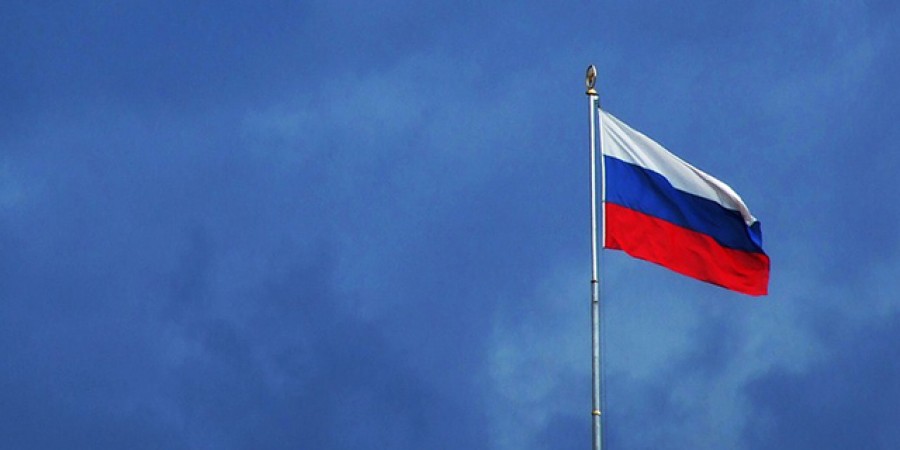
We aim to extend our students’ locational knowledge and deepen their spatial awareness of the world’s countries through our study of Russia and its history. We look at the country’s physical and human geography, and focus on how economic activity can bring about change to places. Students complete an issue evaluation task based on the Aral Sea, making use of satellite imagery and GIS, examining how economic activity in the former USSR resulted in significant change to the environment and people of this area. A consideration of whether the situation is reversible is a challenge task designed to enrich their understanding of environmental issues.
Summer Term: Ice on the Land
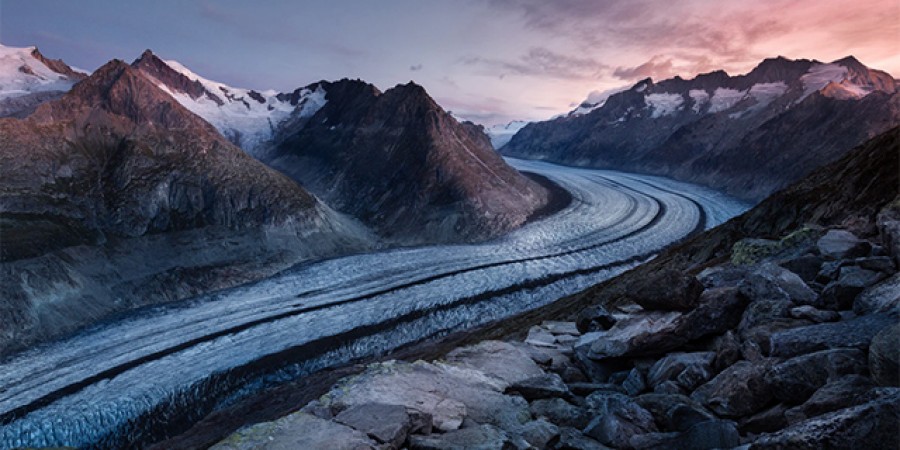
In the summer term, we begin the topic of UK Landscapes, focussing on how ice was a powerful force in shaping the landscape, adding to the country’s geographical diversity. In this unit, we consolidate our previous learning on climate change and geological timescales from the Ice Age to the present. Students explore the development of glacial landscapes through the processes of transport, erosion and deposition and investigate the influence these have had on modern economic activity and settlement. We explore the issues of conflict and management of glaciated areas, looking in particular at the Lake District.
GCSE Geography is a popular option for many students at Budehaven and we try to adapt the course to make it as relevant and current to the interests of our students as possible.
-
Students follow the AQA Geography syllabus (8035) covering the units of:
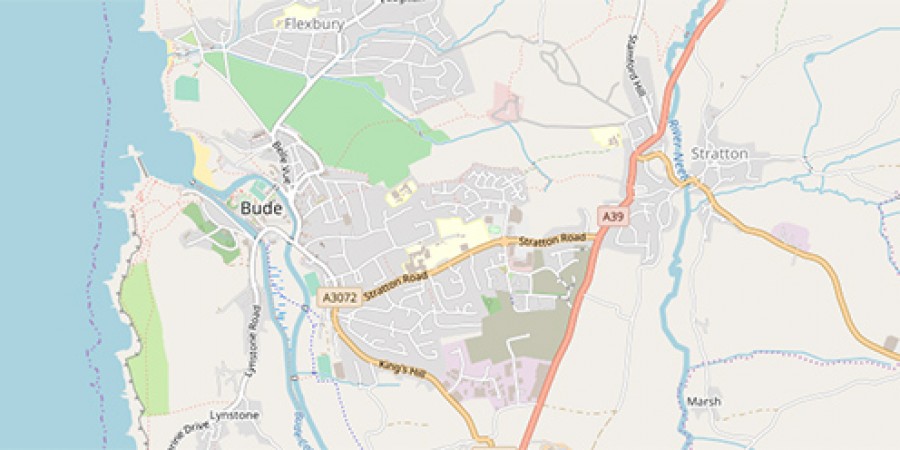
Geographical Skills
Over the two years, students will be required to develop and demonstrate a range of the foundation geographical skills acquired in KS3, including cartographic, graphical, numerical and statistical skills. These skills are assessed in all three written exams, with questions based on OS maps, photographs and data manipulation.
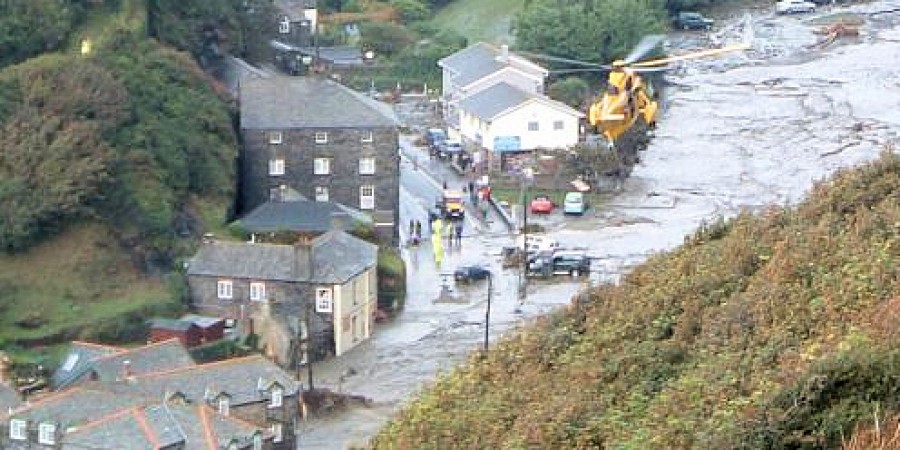
Natural Hazards
Students will examine what constitutes a hazard, and explore the causes and impacts of tectonic hazards, such as Earthquakes, as well as weather hazards such as Tropical Revolving Storms. They will undertake a case study of extreme weather in the UK, such as the Boscastle Floods, and assess how successful management strategies can be in reducing risk. The issue of Climate Change is once again revisited, this time deepening student understanding by exploring the natural causes of climate change and focussing on international mitigation efforts and adaptation.
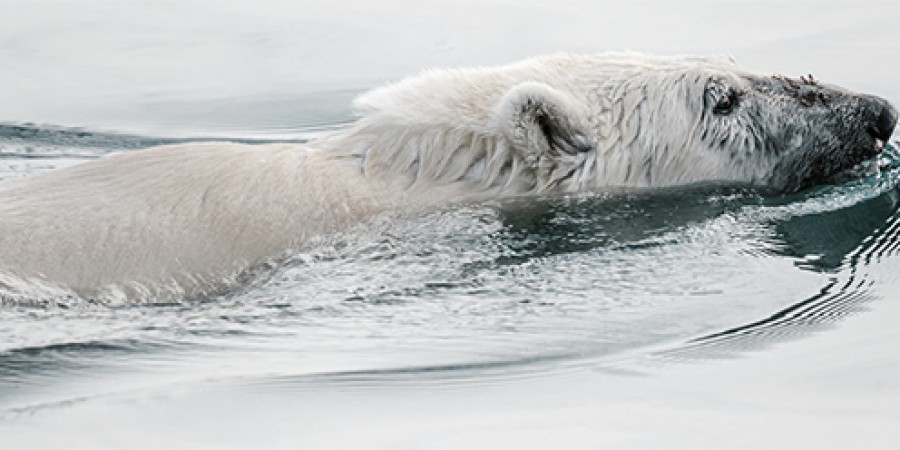
The Living World
Ecosystems are studied at different scales from the ordinary British hedgerow to the global biome. Students will learn about the geographical characteristics of the Tropical Rainforests and the Cold Environments of the tundra and the poles. Issues related to biodiversity, deforestation and sustainable management will be explored through the TRF’s and the challenge and opportunities of human activities in cold environments such as Svalbard is an assessed area of the course. The threats of economic activity in fragile areas such as cold environments is also an opportunity to develop students’ evaluative thinking and essay writing skills.
UK Landscapes
At Budehaven, we study Coastal and Glacial Landscapes. Our geographical location affords our students all the benefits of learning about the physical processes involved along our coastline for Coasts, as well as providing us with the opportunity to see first hand the impacts of coastal management, building on our work at KS3. As an example of a coastal management scheme in the UK to show the reasons for management, the nature of the strategy and the resulting effects and conflicts, we introduce students to Lyme Regis, a contrasting location to North Cornwall.
Urban Issues & Challenges
This unit is concerned with the human processes of urbanisation and migration and how these processes change both spatially and temporally. Urban areas are studied in countries of contrasting levels of development, looking at Bristol in the UK as a higher income country (HIC) and Rio de Janeiro in Brazil as a newly emerging economy (NEE). Features of urban sustainability are a contemporary area of study, and although we focus on Curitiba in Brazil and Freiburg in Germany currently, there are increasingly more examples to explore.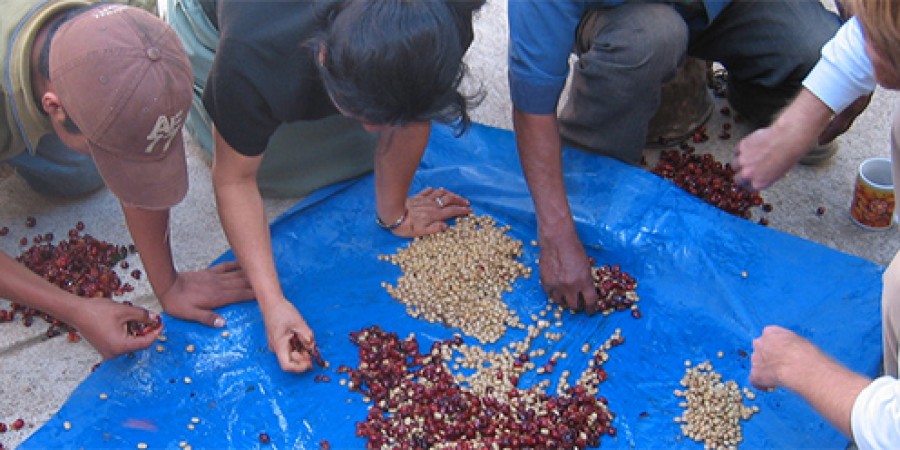
The Changing Economic World
This unit holds a fascination for human geographers, examining the global variations in economic development and quality of life and the reasons behind it. Students explore ways in which the development gap can be reduced, including investment, industrial development and tourism, aid, using intermediate technology, fair trade, debt relief and microfinance loans. We study Nigeria as a newly emerging economy (NEE), an example of a country experiencing rapid economic development which leads to significant social, environmental and cultural change. This includes the study of trans-national corporations such as Nestle and Shell and their impact on development. As a contrast, the UK economy is also an area of study. Contemporary developments such as Heathrow T5, HS2 and London Crossrail are all examples of how the economy of the UK is changing and will affect employment patterns and regional growth in the future.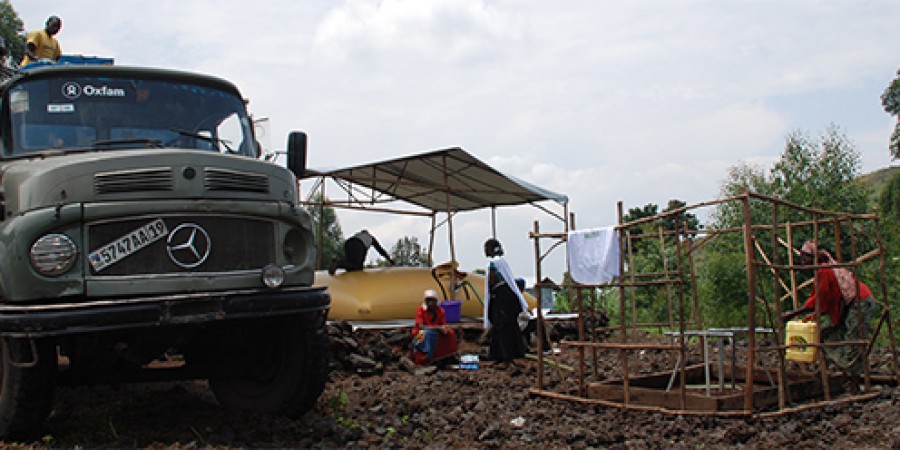
The Challenge of Resource Management
This is the study of the changing demand and provision of resources and the extent to which they create opportunities and challenges. We look at Water as our resource. Students will examine how conflict can result from trying to balance the rising demand for water resources against an insecure supply. There is consideration of the impacts of water insecurity, such as waterborne disease and pollution, food production and industrial output. We also explore the different strategies that can be used to increase water supply, including water transfer schemes (Lesotho) and ice stupa projects in India. How can our water supply become more sustainable?
Assessment at GCSE
There are 3 written examinations, one Physical Geography paper, one Human Geography paper and one Fieldwork and Skills paper; there is no longer any controlled assessment component. Students will however have to complete two local field visits as a compulsory element of their course and will be examined on their findings in Paper 3.
Fieldtrips include day visits into Bude and up to Exeter, as well as a residential trip to Naples at the start of Year 11.
Link to AQA specification: http://www.aqa.org.uk/subjects/geography/gcse/geography-8035
